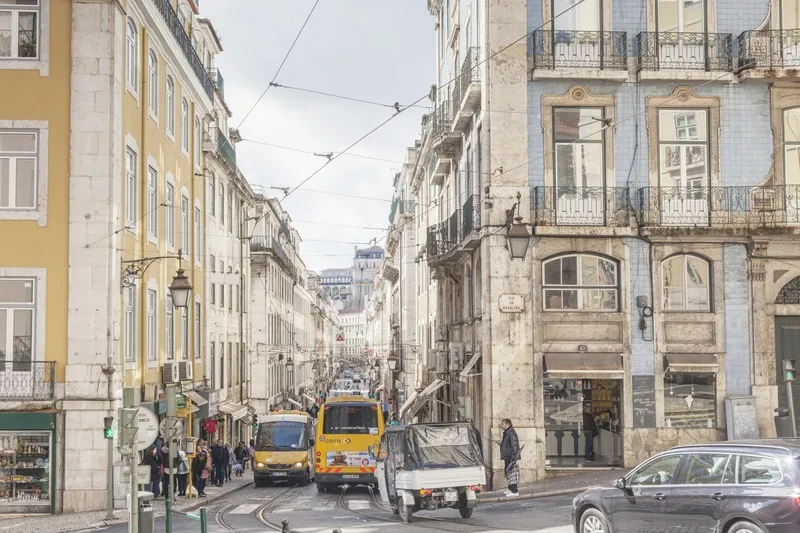
The cities of Lisbon (Portugal) and Stockholm (Sweden) are to implement an experimental air quality measurement system which has just won the Women4Climate Tech Challenge 2020.
Lorena Gordillo Dagallier from Cambridge, UK, successfully pitched her Open-seneca initiative which she hopes will drive behavioural change.
The mobile air quality sensor network will be installed throughout the two cities, with its first phase supported by a share of a $50,000 funding pot split with three other winners - in different sectors - in the challenge.
'Citizen scientists' will use relatively cheap, small monitors in Dagallier's network to record air quality data.
The main aim is awareness-raising, with communities able to pinpoint exposure to particulates and create pollution maps which will guide policymakers and planners.
“By gamifying air quality measurement and pairing it to bike commuting, we are confident that Open-seneca has the potential to increase the wellbeing of our citizens," said Stockholm mayor Anna König Jerlmyr.
"We strongly believe that involving citizens can help raise awareness on the impact of air quality and the need to rethink the design and mobility modes in our cities.”
As well as providing the sensors, the new programme will hold workshops to demonstrate and explain the effects of air pollution on public health and the environment.
Fernando Medina, mayor of Lisbon, said Open-seneca could be used to make better-informed decisions.
"By collecting and sharing data on their own exposure to air pollution, we will empower citizens to think about air quality and what each one of us can do to improve it," he said.
"We all hear every day about the problems of air pollution and climate change," Dagallier concluded.
"However, most people do not see it as a personal issue and there is a lack of motivation for change. I used to be one of them. But now I am aware, and I want to raise awareness around me. With Open-seneca, I am committed to drive behavioural change and bridge the step between individuals and cities to build a healthier and greener future."
The Women4Climate Tech Challenge is a joint initiative from C40 Cities and the Velux Group, designed to promote diversity and inclusion in technology, innovation and the built environment sectors.









